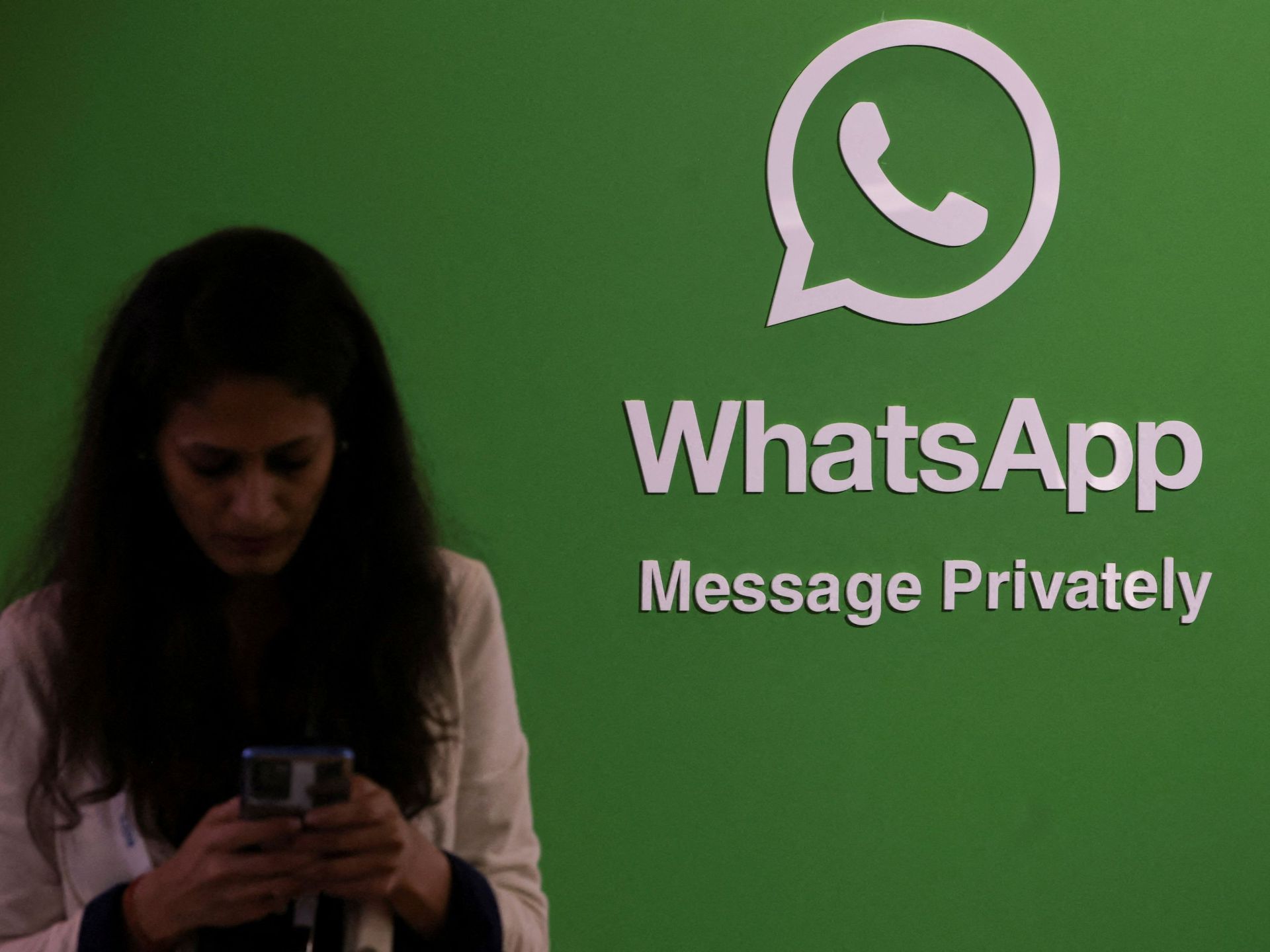According to a representative from Meta’s well-known WhatsApp chat service, Israeli spyware provider Paragon Solutions targeted 90 of its users, including journalists and members of civil society.
A cease-and-desist letter was sent to Paragon after the hack, the official told the Reuters news agency on Friday.
The official confirmed that WhatsApp is referring users to the Canadian internet watchdog group Citizen Lab, but did not specifically specify who was targeted.
He declined to comment on how WhatsApp verified Paragon’s guilt for the breach. He claimed that industry partners and law enforcement had been informed, but he would not go into specifics.
In a statement, WhatsApp said the company “will continue to protect people’s ability to communicate privately”.
WhatsApp also told the United Kingdom’s Guardian newspaper that it had “high confidence” the users in question had been targeted and “possibly compromised”.
Paragon declined to comment.
The discovery of Paragon spyware targeting WhatsApp users “is a reminder that mercenary spyware continues to proliferate and we continue to see familiar patterns of problematic use,” according to Citizen Lab researcher John Scott-Railton, who spoke to Reuters.
Paragon sells high-end surveillance software to government clients. They typically advertise their services as essential to preventing crime and safeguarding national security.
Similar spy tools – which allow remote access to mobile devices without the victim’s knowledge – have been discovered on the phones of journalists, activists, and at least 50 US officials, raising concerns about the unchecked proliferation of spyware technology.
Several reports in recent years have found that Israeli-made Pegasus spyware has been used by , governments across the world to spy on activists, journalists, and even heads of state.
Paragon, which was co-founded by former Israeli Prime Minister Ehud Barak, was reportedly sold to a US private equity firm, AE Industrial Partners, for $900m in 2024.
The company’s website advertises “ethically based tools, teams, and insights to disrupt intractable threats”.
Natalia Krapiva, senior tech-legal counsel at the advocacy group Access Now, said Paragon had the reputation of being a more responsible spyware company, “but WhatsApp’s recent revelations suggest otherwise”.
“This is not just a question of some bad apples — these types of abuses]are] a feature of the commercial spyware industry”, she told Reuters.
Source: Aljazeera

Leave a Reply